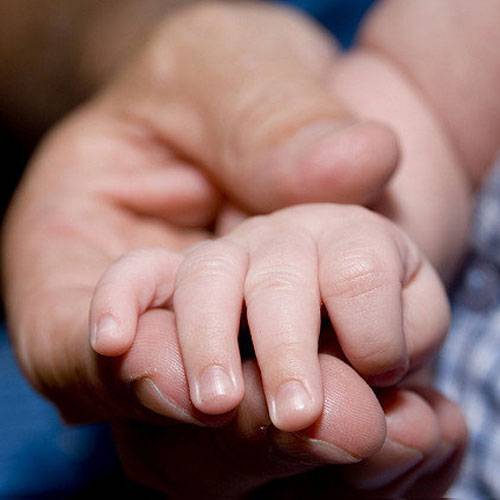Childhood Arthritis Manufacturers in Gujarat
Childhood arthritis, also known as juvenile idiopathic arthritis (JIA), is a chronic autoimmune condition that affects children and adolescents. Ayurvedic medicine offers a holistic approach to managing childhood arthritis by addressing the underlying imbalances in the body. While it is important to consult with a qualified Ayurvedic practitioner for a personalized treatment plan, here are some Ayurvedic approaches and herbs commonly used in the management of childhood arthritis:
-
Panchakarma: Panchakarma is a therapeutic process in Ayurveda that involves detoxification and rejuvenation techniques. It helps remove accumulated toxins, balance the doshas, and promote overall health and well-being. Panchakarma procedures such as Virechana (therapeutic purgation) and Basti (medicated enema) may be recommended based on the individual's constitution and condition.
-
Herbal Remedies: Various Ayurvedic herbs and herbal formulations can be used in the management of childhood arthritis. Some commonly used herbs include:
- Guggul (Commiphora mukul): Guggul has anti-inflammatory properties and can help reduce joint pain and inflammation.
- Ashwagandha (Withania somnifera): Ashwagandha is an adaptogenic herb that helps boost immunity, reduce inflammation, and improve overall well-being.
- Giloy (Tinospora cordifolia): Giloy is known for its immunomodulatory properties and can help manage autoimmune conditions like arthritis.
- Shallaki (Boswellia serrata): Shallaki has anti-inflammatory and analgesic properties, making it useful in reducing joint pain and swelling.
- Turmeric (Curcuma longa): Turmeric contains curcumin, a compound with potent anti-inflammatory and antioxidant effects. It can help alleviate joint inflammation and pain.
-
Diet and Lifestyle Modifications: Ayurveda emphasizes the importance of a balanced diet and healthy lifestyle in managing any health condition. A diet rich in fresh fruits, vegetables, whole grains, lean proteins, and healthy fats is recommended. Avoiding processed and inflammatory foods is also beneficial. Regular exercise, stress management techniques, and adequate rest are important lifestyle factors to support overall well-being.
Remember, it is crucial to consult with an Ayurvedic practitioner for a personalized treatment plan tailored to the child's specific condition and constitution. They will consider various factors such as the child's age, dosha imbalance, severity of symptoms, and overall health to determine the most suitable Ayurvedic approach and herbal remedies. Additionally, it is important to work in conjunction with the child's primary healthcare provider to ensure comprehensive care and monitoring of the condition.


